Romanian and Bulgarian Immigration Row – Fact vs Fear [VIDEO SPECIAL]
IBTimes UK presenter Marverine Cole investigates pros and cons of EU migration to Britain
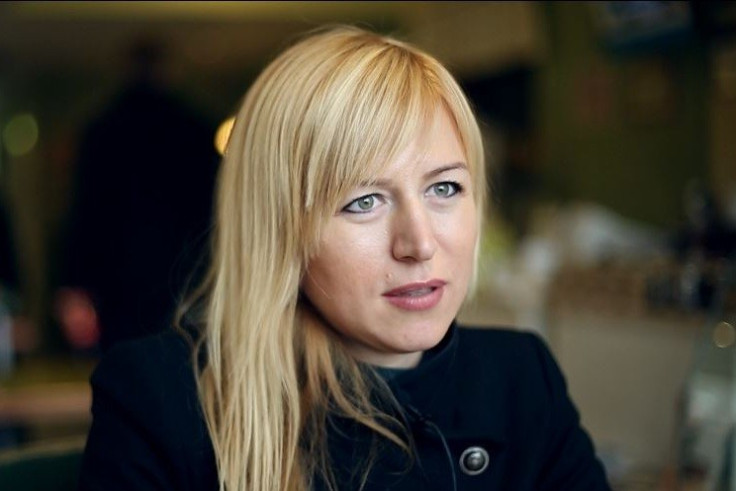
"[I moved here] about two years ago. Why? Because of an economic crisis in my country."
Elena Vasilevskaya is a migrant from Lithuania, working as an admin assistant in London. Her story is similar to many migrants seeking work in the UK after restrictions on various EU countries were lifted in 2004.
According to the 2011 Census, 521,000 Polish-born people now live in Britain, compared to 75,000 on 2003. Vasilevskaya admits that coming to London was daunting but that ultimately immigration can be of huge benefit to the UK.
"I would like to stay in UK," she says.
"First year it was very hard because I changed everything - country, language - and it wasn't so easy for me. But now I feel okay here. It's very good when people arrive here because it's good in general for the UK economy."
But fears are developing over an influx of more Europeans in 2014, this time from Romania and Bulgaria. The EU's freedom of movement rules will be relaxed again for these two nations on 1 January, 2014, with estimates on the number of nationals from those countries coming into the UK ranging from 350,000 people to over one million.
But how much do we really have to fear? In an exclusive documentary short, IBTimes UK investigates the pros and cons of EU migration to the UK.
Paul Nuttall - deputy leader of the UK Independence Party
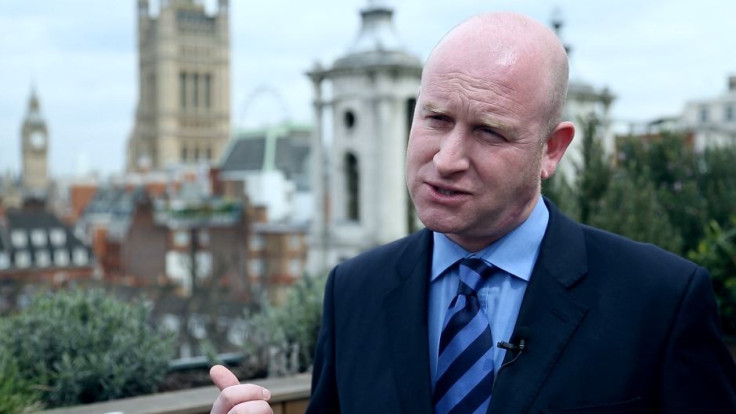
Immigration is increasingly becoming a hot political issue among the British electorate, with the recent surge in popularity for Ukip partly down to their anti-immigration rhetoric. Deputy leader of the party, Paul Nuttall, says that their tough stance on migrant workers is an economic rather than racial argument.
"It's madness to have an open door to the whole of eastern Europe when we have 22% of our own young people unemployed," he says.
"That is bad for Britain. It's also bad for those eastern European countries. Many of the people who come from there are talented young people with qualifications and the jobs aren't here when they get here. It would be better if they stayed in their own countries and got decent jobs, rather than come to London and end up serving coffee and tea in restuarants and bars."
Tessa Dunlop - author and historian
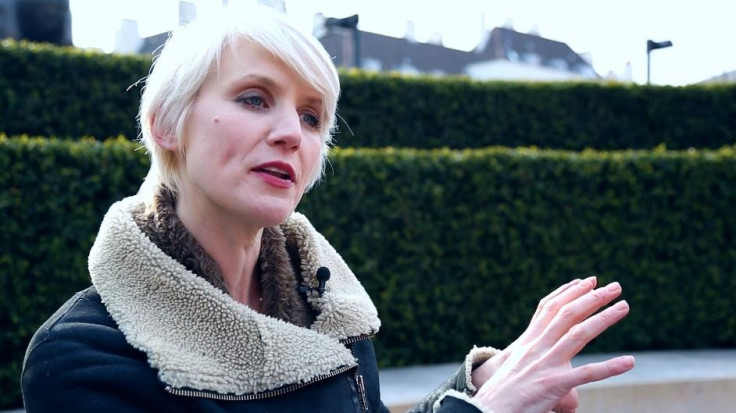
Television presenter and historian Tessa Dunlop is an expert on all things Romanian, and author of To Romania with Love, a memoir of how she met her future husband whilst visiting the former communist country. She criticises the xenophobic messages coming from rightwing outlets and stresses that the lifting of restrictions will allow educated workers from eastern Europe to fill the skills gaps in the UK.
"There are something like 68,000 Romanians in the UK," she says. "The majority are taking jobs which either we're not preapred to do or we don't have the skillbase to fill. Otherwise we would have filled it ourselves."
Peter Hitchens - author and columnist

Rightwing columnist and author Peter Hitchens has often spoken out against immigration. He says that Britain has no say in which migrants can come into the country because it is part of the European Union. For him, a withdrawal from the EU is the only way the UK can control its own borders.
"When you come back to this country from abroad you aren't asked to join a queue for United Kingdom passport holders because there is no such thing, " he says.
"Any other country, a real country such as the United States, there is a queue for US citizens. but not here because a retired Lithuanian KGB colonel from Soviet days has as much right to enter this country as I do. As a result any talk of border control is simply gesture politics. This country does not have any control over its own borders."
Raoul Ruparel - head of economic research at OpenEurope
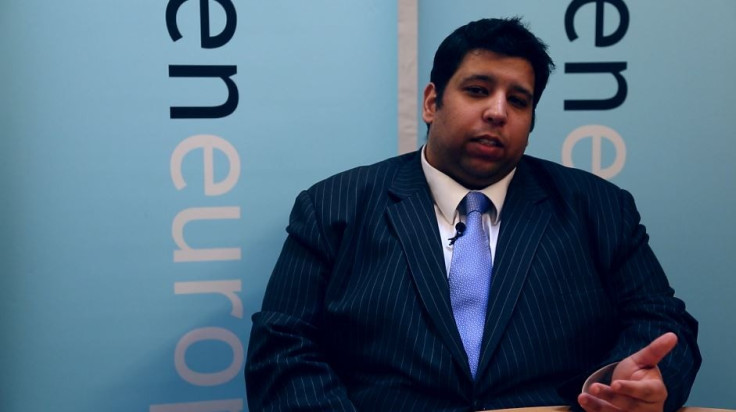
Raoul Ruparel is head of economic research at independent thinktank OpenEurope. He says the fact that Ukip's anti-immigrant message is attracting so much support suggests the government needs to do more to assuage the fears of the British public.
"Ukip has the advantage of having a clear position and having an message to get across," he says.
"We've seen recent surveys where people have said that they trust Ukip more to deal with immigration and that's telling that the government is not doing enough to come up with the real measures neccessary."
Watch the Full Feature Video Feature
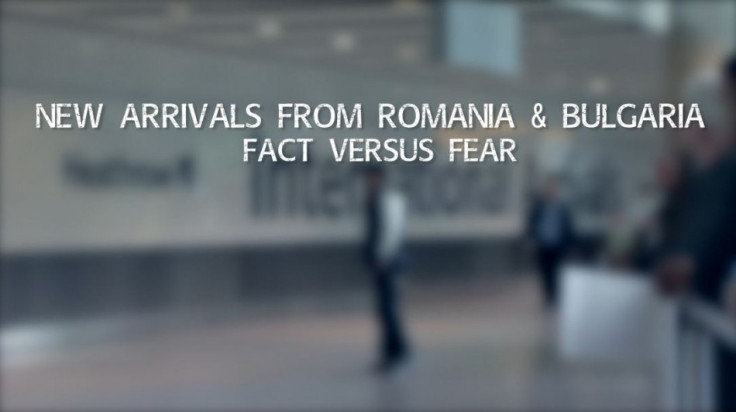
IBTimes UK's documentary news shorts feature is online TV at its best. High-quality reports and investigations, interviews with key players and in-depth analysis give unparalleled insight into the big global stories of the day.
WATCH
© Copyright IBTimes 2025. All rights reserved.




















